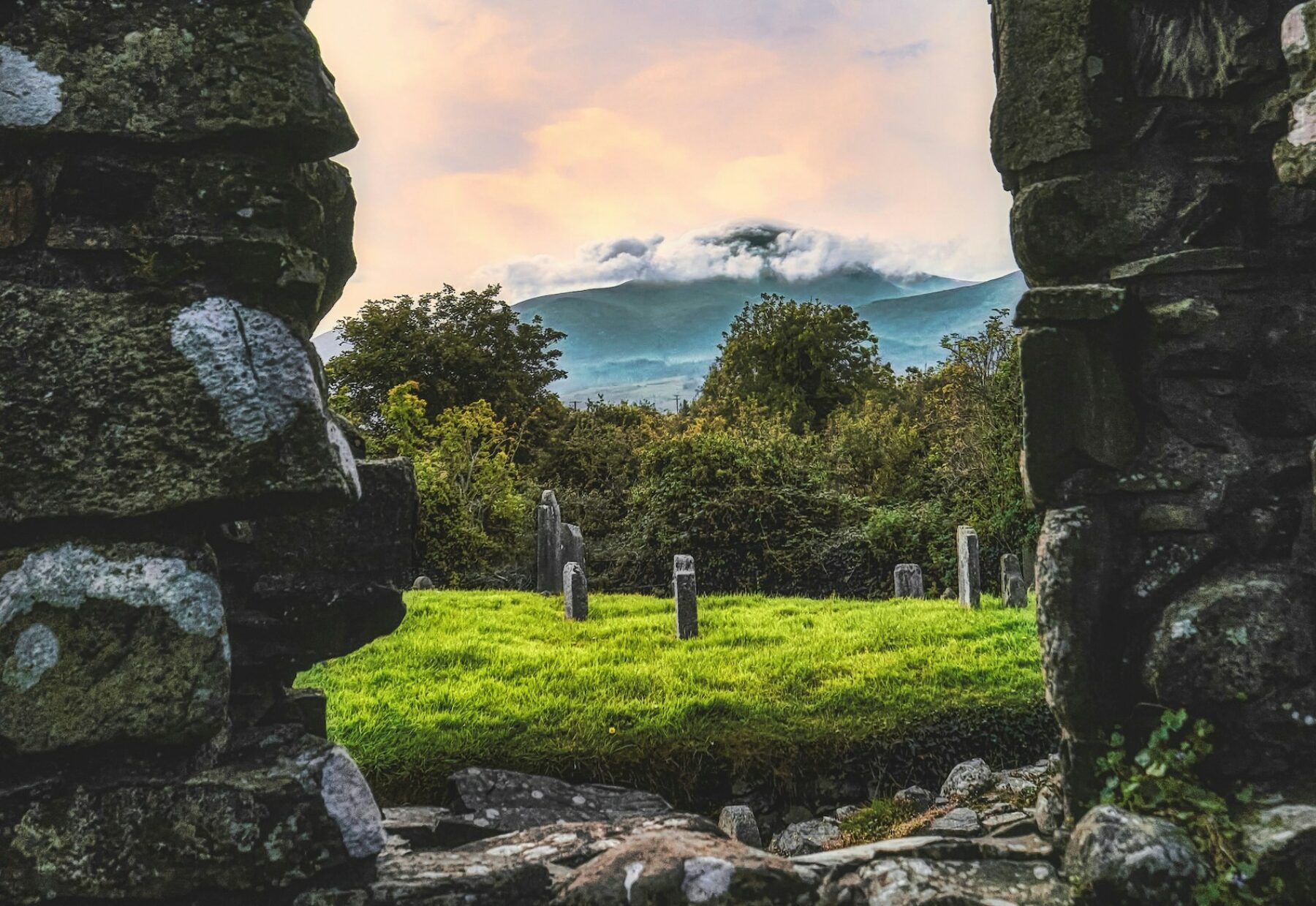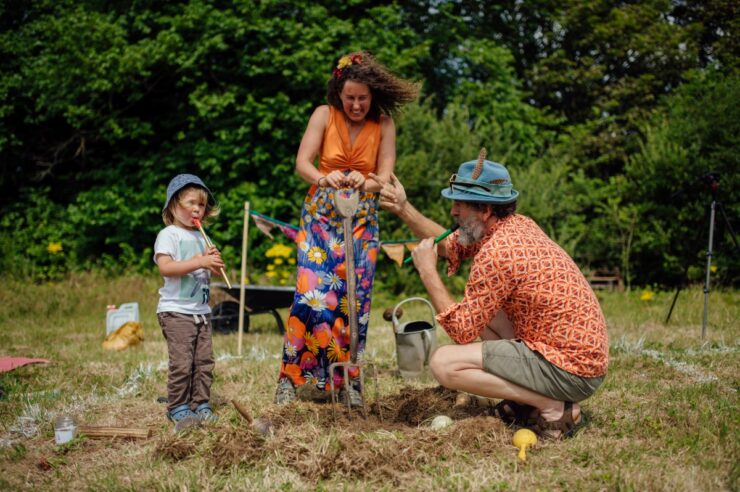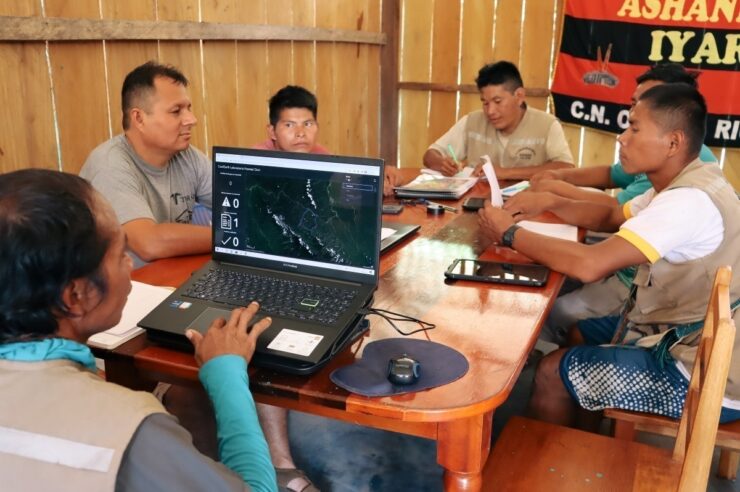Citizen scientists are being charged with zooming in on the lichen in their local churchyards from this weekend
A novel search for life after death is taking place in English burial grounds this summer, with citizen scientists being asked to record lichens found growing on gravestones.
Churchyards and cemeteries are a haven for these slow-growing and complex lifeforms, which are symbiotic partnerships of algae living in filaments of fungi. They are a keystone species in many ecosystems, serving as food sources and helping with soil formation and nutrient cycling.
Some 2,000 varieties have been identified in Britain, but habitats are under threat from development and land use change. Over a third of those were found in churchyards, where ancient stonework – from boundary walls and tombstones to churches themselves – provide an undisturbed and pollution-free sanctuary. Many seldom occur anywhere else.
These wonderful species remind us that churchyards are places of the living, not just the dead
All praise goes to The Church of England for instigating the unique nature count, which came as part of a week of events celebrating all creatures great and small. Its ‘Churches Count on Nature’ project has notched up more than 37,000 wildlife records over the last three years and coincides with the annual Love Your Burial Ground Week, kicking off on Saturday, which aims to showcase churchyard heritage and boost community connection.
The Bishop of Norwich, Graham Usher – the Church of England’s lead bishop for environmental affairs – told Positive News: “Last year I particularly enjoyed finding out about some of the colourful rare lichens that grow on gravestones. These wonderful species are all part of God’s rich creation, reminding us that churchyards are places of the living, not just the dead.”
Main image: K Mitch Hodge
Support solutions in 2024
Positive News is helping more people than ever to get a balanced and uplifting view of the world. While doom and gloom dominates other news outlets, our solutions journalism exists to support your wellbeing and empower you to make a difference towards a better future.
But our reporting has a cost and, as an independent, not-for-profit media organisation, we rely on the financial backing of our readers. If you value what we do and can afford to, please get behind our team with a regular or one-off contribution.
Give once from just £1, or join 1,400+ others who contribute an average of £3 or more per month. You’ll be directly funding the production and sharing of our stories – helping our solutions journalism to benefit many more people.
Join our community today, and together, we’ll change the news for good.






